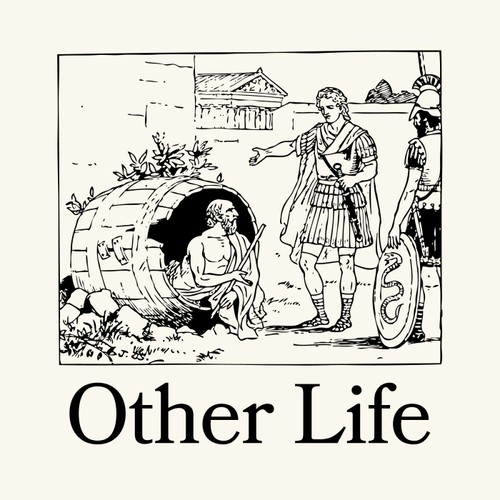
 Other Life
Other Life Plato's Republic with Nina Power and DC Miller: Philosophy, Repression, Madness, and Courage
Nov 26, 2024
Nina Power, a philosopher and writer known for her work on Plato, and DC Miller, a philosopher and editor focusing on Plato's societal influence, dive deep into the intricacies of Plato's Republic. They explore how philosophy navigates political repression and the connections between justice, truth, and madness. The conversation includes the impact of wealth on philosophical pursuits, the accessibility of philosophy, and the interplay between physical training and intellectual resilience. Their insights reveal the tension between societal roles and the courage required to pursue genuine inquiry.
AI Snips
Chapters
Books
Transcript
Episode notes
Patočka's Resistance
- Czech philosopher Jan Patočka opposed the Communist Party but never joined it.
- Instead of giving a political speech, he lectured on Husserl, demonstrating philosophy's power.
Philosophy Under Duress
- Plato's Republic opens with Socrates being coerced into dialogue, highlighting philosophy under pressure.
- This scene emphasizes the tension between free inquiry and political force.
Truth, Justice, and Wealth
- Genuine truth-seeking is a rare luxury, often sought by wealthy, aging individuals.
- Philosophical dialogues in wealthy settings benefit both the individual and society.



